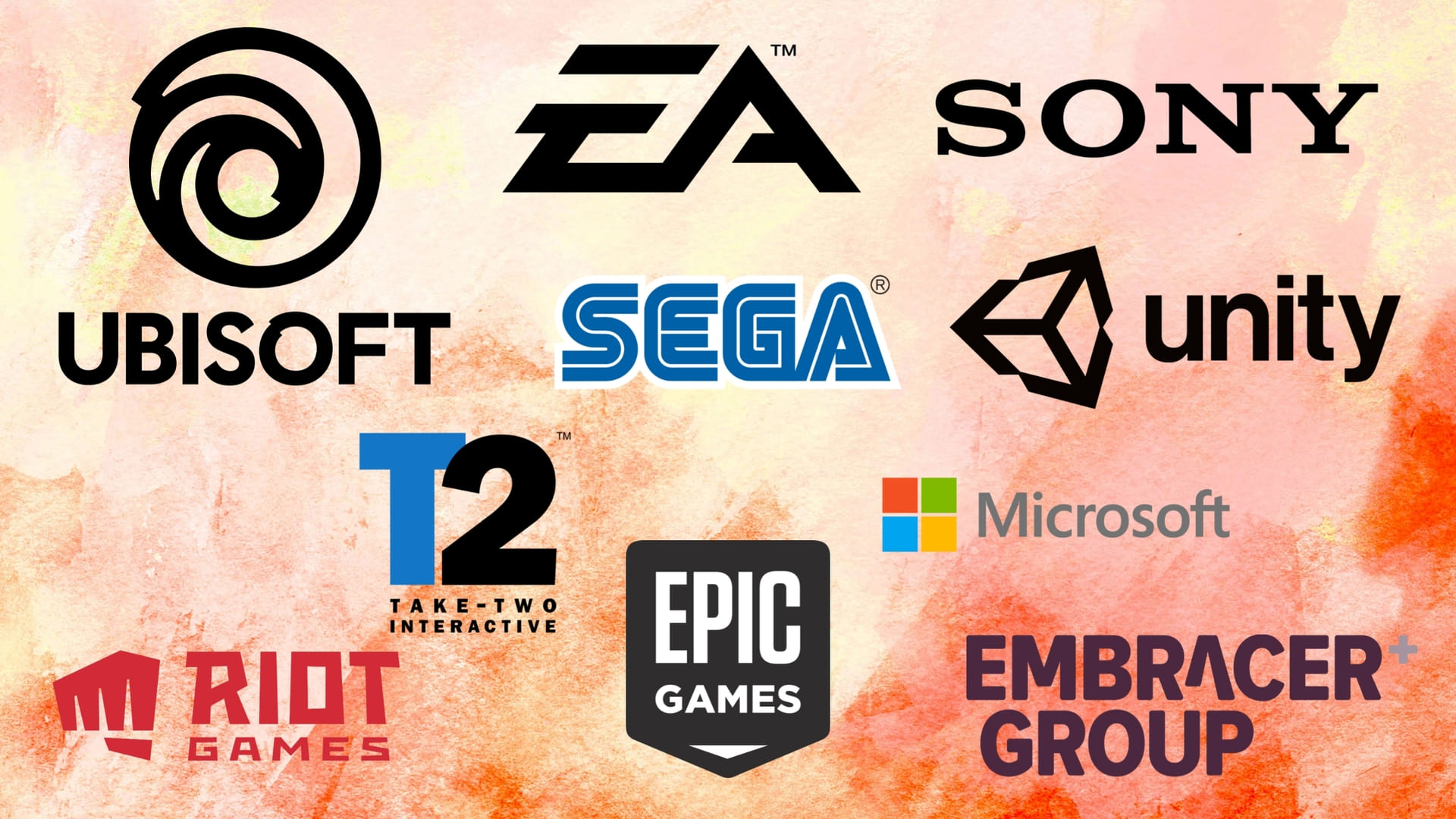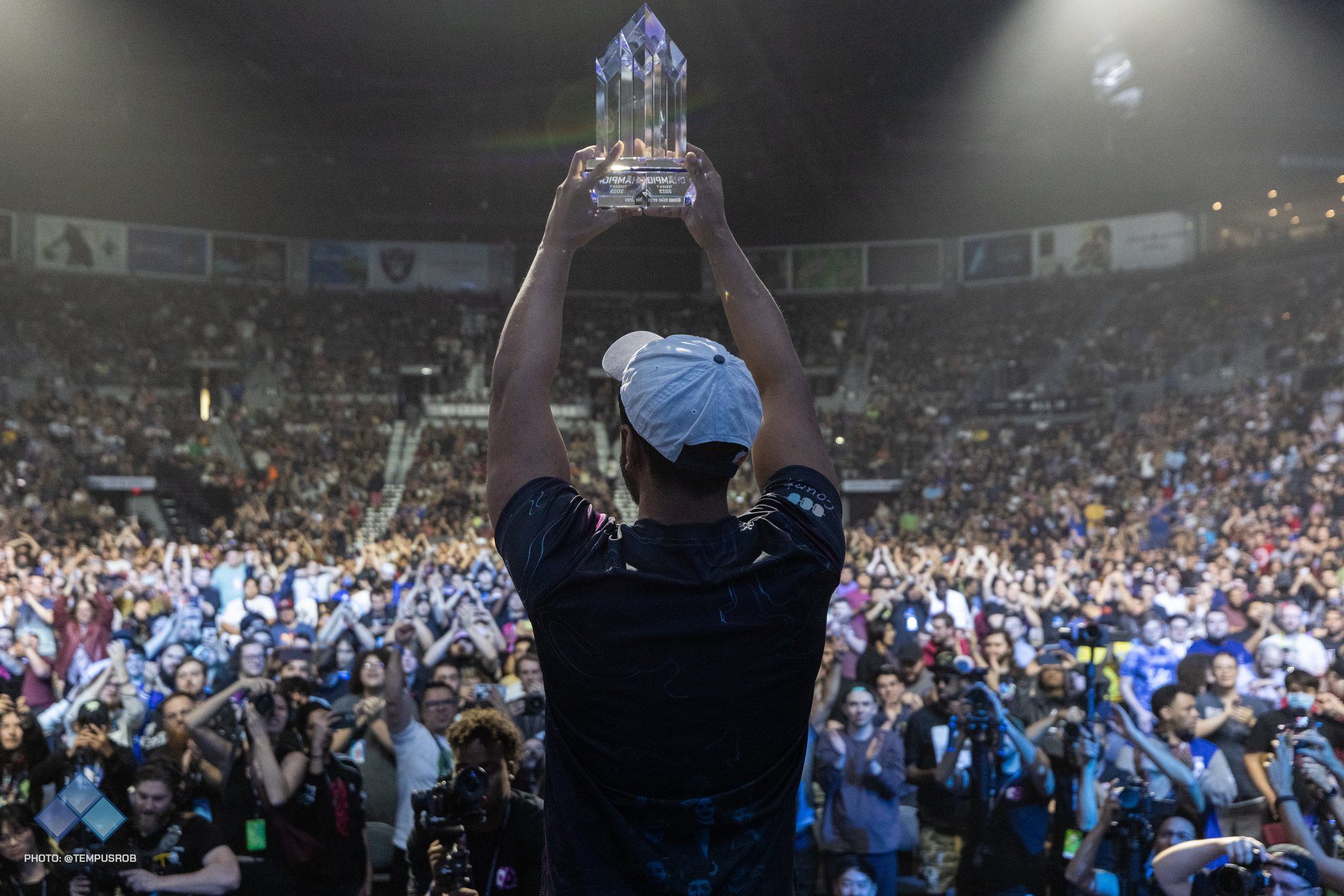- The gaming industry requires a wide set of skills.
- Proficiency in programming, game design, art, and more can help up-and-coming developers land a job in the field.
- eSports’ surging popularity opens up even more possibilities for those looking to pursue a profession within gaming.
The gaming industry has plenty of employment opportunities, but not every job is of the same nature. On one hand, developers employ a unique set of skills to bring their games to life, and on the other hand, eSports has given many young people the opportunity to showcase their talents in completely different ways.
Potential career paths can sometimes prove to be confusing for aspiring professionals, with many teens even searching write my paper for me to breathe while studying for their dream profession.
Why it matters: The recent wave of layoffs throughout the industry has sparked concerns among aspiring professionals. However, plenty of opportunities await future programmers, artists, and designers.
Understanding The Industry

For starters, it’s important to understand how the gaming industry works. At its core, game development comprises teams of programmers, artists, writers, and more. These teams report to publishers that handle business decisions and marketing.
Each part of the industry demands different skills, so understanding how it functions is an important first step to landing one’s dream job. Students should consider following the latest news, watching developer diaries, and reading yearly reports to gain valuable insight into the industry as a potential part of the larger plan.
Skills For Entry-Level Jobs
A diverse set of skills can be the perfect gateway into the world of gaming. On the more technical side, a firm grasp of maths, physics, and programming is important. Programming languages such as C#, C++, or Python are good starting points.
Artists can consider exploring 3D modeling, texture work, and basic animation. Other skills like teamwork and clear presentation also play a role in the grand scheme of things.
Academic Pathways And Certifications
Picking a major like Computer Science or Software Engineering is recommended since these degrees provide exposure to a wide range of skills needed for game development.
These include algorithms, data structures, and key theory-related subjects. Art majors also have an advantage here due to their understanding of figure drawing, colors, and motion.
In addition to degrees, certifications in Unity or Unreal Engine courses help resumes stand out.
Early Experience

Internships and beginner roles are great starting points for a game development career. Even if coding jobs are filled up, roles like quality assurance and community support can provide valuable exposure to the industry’s patterns.
Interns also frequently rotate through teams, allowing others the opportunity to jump in on various projects. At the end of the day, landing a shipped game on one’s resume can be a huge deal for any future developer, so careful planning is required to make the most of the opportunities out there.
The Importance of Programming
Those skilled in programming can fit into most development teams. Coding involves solving puzzles and working on logic, a fundamental aspect of game development. Understanding of object-oriented ideas and memory care can go a long way, while knowledge of physics and maths also comes in handy.
Moreover, knowing how to utilize scripting languages like Lua and tools like Git is important for aspiring game programmers.
The Design And Art Path
Programmers aside, designers play a large role in any game’s development. Level designers dictate the flow of moment-to-moment gameplay, concept artists come up with character designs and 3D props, and writers craft memorable stories for players.
These roles are just as crucial as others when it comes to creating a compelling game, so aspiring developers must carefully analyze these aspects in different games to gain a firm understanding of each concept.
For instance, creating style guides or small story bibles can be indicative of a greater purpose. Meanwhile, studying color sets in games can come in handy for future artists.
The eSports Route

A career in eSports may appear all about winning tournaments like Arlsan Ash, but it holds far more opportunities for those with a keen eye.
Between shoutcasters handling commentary, event leads managing travel and stage timing, and partners funding various events, the world of eSports is full of different roles that aspiring professionals can fill.
Technical skills with software like OBS are major plus points here, and being in the right place at the right time can be game-changing.
The icing on the cake comes from a solid resume and an impressive portfolio. Landing a job in the industry can also be made easier through networking opportunities provided by attending various events and expos for game development.
All in all, the game development journey is an extensive one, but with enough effort, enthusiasts looking to break into the industry can thrive in their dream jobs.
Thank you! Please share your positive feedback. 🔋
How could we improve this post? Please Help us. 😔
[Senior News Reporter]
Avinash is currently pursuing a Business degree in Australia. For more than 5 years, he has been working as a gaming journalist, utilizing his writing skills and love for gaming to report on the latest updates in the industry. Avinash loves to play action games like Devil May Cry and has also been mentioned on highly regarded websites, such as IGN, GamesRadar, GameRant, Dualshockers, CBR, and Gamespot.




